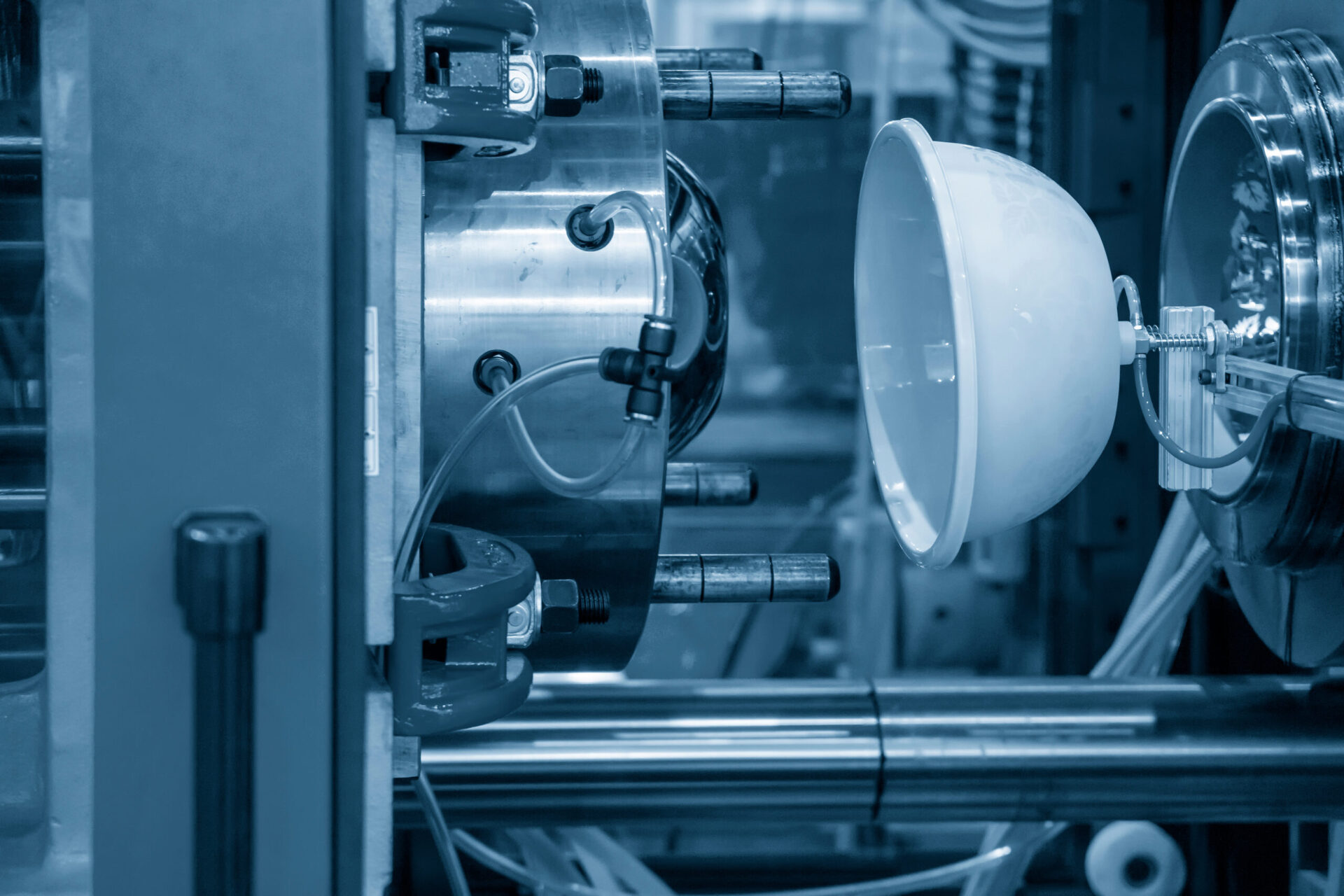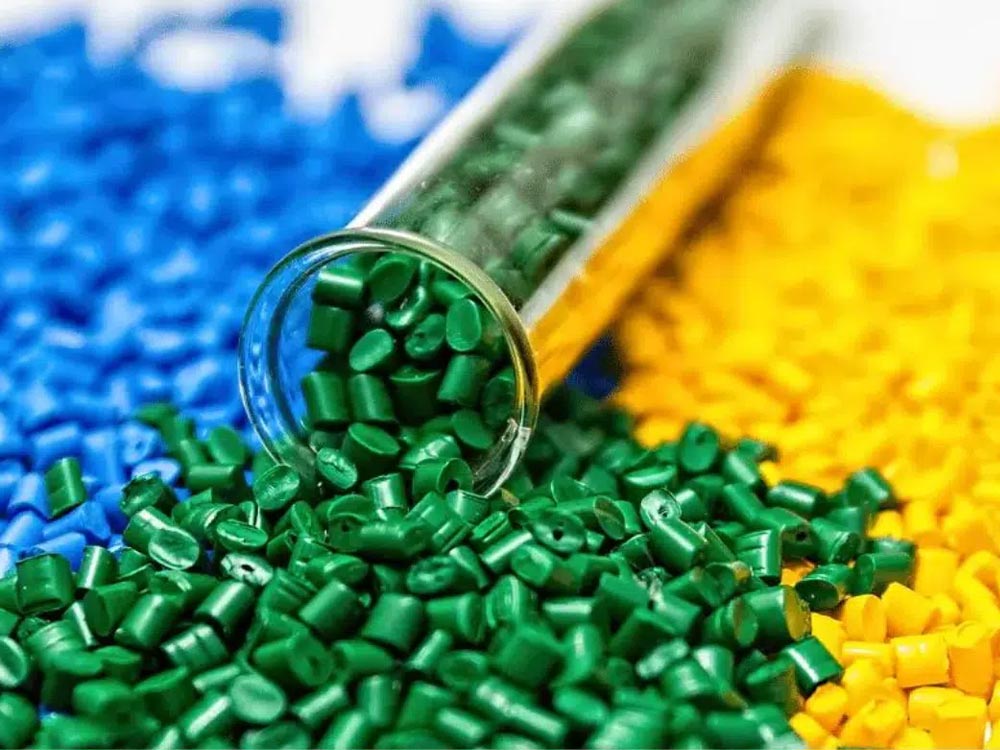Resin choice can make or break your injection molding project. Whether you’re designing intricate automotive parts or producing consumer electronics, selecting the right resin is crucial for achieving the desired functionality, durability, and aesthetic appeal. With seemingly end options available, navigating through the sea of resins can be overwhelming. In this guide, we’ll walk you through the key factors to consider when choosing the ideal resin for your injection molding project.
Understand Your Requirements
Before selecting a thermoplastic for your molding project, it’s essential to have a clear understanding of your project’s requirements. Consider factors such as:
- Functionality: What is the intended function of the molded part? Does it need to withstand high temperatures, exhibit chemical resistance, or have specific mechanical properties?
- Durability: Will the part be subjected to harsh environmental conditions or repetitive stress?
- Appearance: Are there any aesthetic requirements such as color, surface finish, or transparency?
- Regulatory Compliance: Does your industry require adherence to specific regulations or standards such as FDA compliance for food-contact applications or UL certification for electrical components?
By outlining these requirements upfront, you can narrow down your options and streamline the resin selection process.
Know Your Resin Options
Injection molding resins come in a wide range of materials, each with its own unique properties and characteristics. Some common types of resins include:
- Commodity Thermoplastics: These resins can be melted and re-melted multiple times without significant degradation, making them ideal for recycling. Common thermoplastics include polyethylene (PE), polypropylene (PP), polystyrene (PS), and acrylonitrile butadiene styrene (ABS).
- Engineering Thermoplastics: These resins are specifically engineered to exhibit enhanced mechanical, thermal, and chemical properties, making them suitable for demanding applications. Examples include polyamide (PA), polycarbonate (PC), polyethylene terephthalate (PET), and polyether ether ketone (PEEK).
- Elastomers: Also known as rubber-like materials, elastomers offer excellent flexibility and resilience, making them ideal for applications requiring impact resistance or cushioning. Common elastomers include thermoplastic elastomers (TPE), thermoplastic polyurethane (TPU), and silicone.

Consider Processing Parameters
In addition to understanding your project requirements and knowing your resin options, it’s crucial to consider the processing parameters involved in injection molding. Factors such as melt temperature, injection pressure, cooling time, and mold design can significantly influence the selection of the ideal resin.
Some resins may require specific processing conditions to achieve optimal performance and dimensional stability. For example, high-temperature thermoplastics like PEEK may require specialized equipment capable of reaching elevated melt temperatures, while commodity resins like polyethylene may have more forgiving processing requirements. If you are planning on working with a contract injection molder, make sure that they
Evaluate Cost and Availability
Cost and availability are practical considerations that shouldn’t be overlooked when selecting a resin for injection molding. While certain engineering-grade resins may offer superior performance, they often come with a higher price tag. It’s essential to strike a balance between performance and cost-effectiveness based on your project’s requirements and budget constraints.
Additionally, consider the availability of the chosen resin from suppliers. Ensuring a reliable supply chain is crucial for avoiding production delays and disruptions.
Conclusion
Choosing the ideal resin for your injection molding project requires careful consideration of your requirements, knowledge of available resin options, understanding of processing parameters, and evaluation of cost and availability. By following these guidelines and working closely with material suppliers and injection molding experts, you can confidently select the resin that best suits your project needs, ultimately leading to successful outcomes and satisfied customers.
Contact a Montrose Molders technical rep today for guidance on resin selection for your next project.


